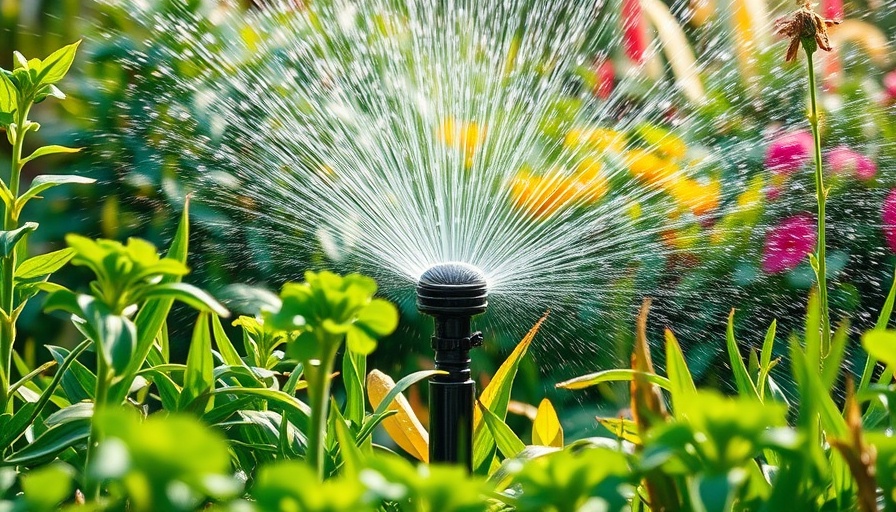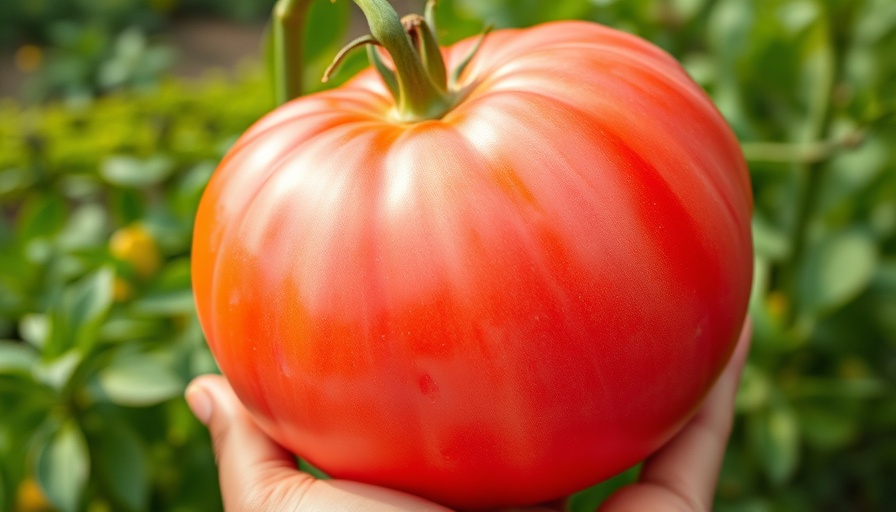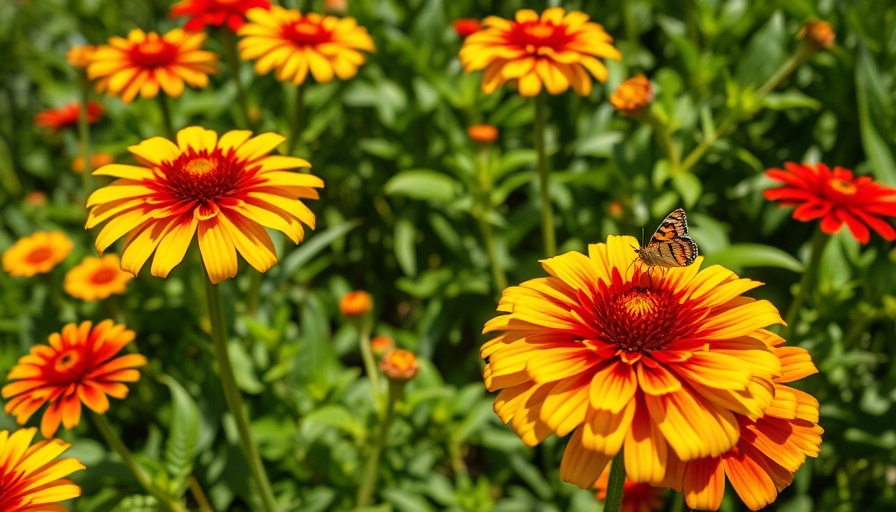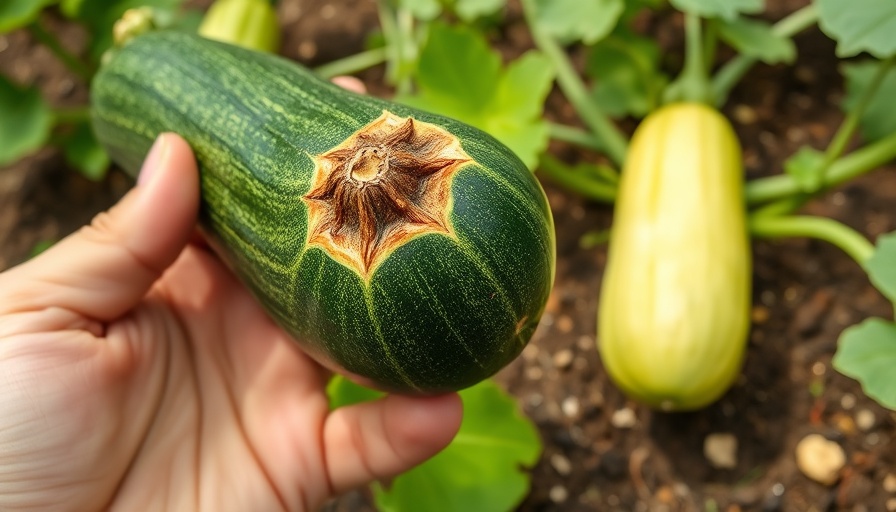
Understanding Plants’ Irrigation Needs
Many gardeners rely heavily on sprinklers for their watering needs, believing that it's the easiest and most efficient way to ensure plants remain hydrated. However, not all plants appreciate this method of overhead watering. Plants like tomatoes, for instance, are particularly sensitive to water on their leaves. Overhead watering can lead to moisture-related diseases, making it crucial to understand which plants thrive under what conditions.
Why Some Plants Dislike Sprinklers
Tomatoes are a prime example of a plant that hates sprinklers. The gentle mist created by sprinklers can lead to moisture on leaves, inviting harmful pathogens such as bacterial spots and fungal infections. This is especially true in warm weather when humidity levels are high, and the damp environment can cause infections to spread rapidly. When the soil also splashes onto the foliage, it can introduce soil-borne diseases, compounding the issues caused by high moisture. Gardener Briana Yablonski points out that an ideal watering technique is crucial for minimizing these risks.
Alternatives to Overhead Watering
So, what’s a gardener to do? Instead of sprinklers, consider watering methods that keep the leaves dry. Using a watering can or a soaker hose allows for gradual infiltration of water at the soil level without the dangers posed by overhead irrigation. This method ensures that your tomatoes stay healthy and thrive, while also addressing the unique water needs of other sensitive plants.
Making Informed Watering Decisions
When it comes to watering in your garden, making informed decisions is key. Recognizing the differences between plants and their watering preferences can lead to healthier garden crops. For instance, while most vegetables can handle overhead watering well, herbs and other delicate plants may fare better with ground-level moisture. This affords greater protection from the elements and helps reduce disease prevalence.
Local Gardening Tips for Muskegon Residents
If you live in Muskegon and want to start a backyard planting box or construct outdoor soil beds, consider these environmentally friendly watering techniques. Automating your watering through drip irrigation or homemade watering devices can offer consistent moisture without spraying your plants directly. This could also tie in beautifully with projects like building elevated planter boxes or laying out planting rows that allow for proper drainage and moisture retention.
Achieving a Successful Garden Through Proper Techniques
To achieve growing success at home, understanding the needs of your plants is crucial. Explore various techniques such as constructing a composting barrel for nutrient-rich soil or employing slow drip plant watering methods. By embracing these practices, you can create a thriving garden space while protecting your crops from the potential harms of inappropriate watering.
Conclusion: Maximize Your Gardening Experience
Ultimately, protecting your plants from the dangers associated with overhead watering is essential for ensuring a vibrant garden. Mistakes can lead to diseases that hinder the growth and yield of your beloved plants. To optimize this challenge, remember to use ground watering methods tailored to specific plant needs. For comprehensive assistance with your property management in Muskegon, local experts like Norther-LawnCare.com can help you maintain your garden beautifully throughout the seasons. Call Everett Lucas at 231-450-3414 to get started!
 Add Row
Add Row 
 Add
Add 


Write A Comment